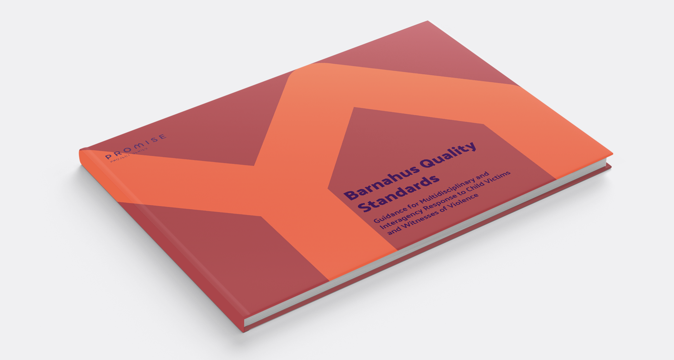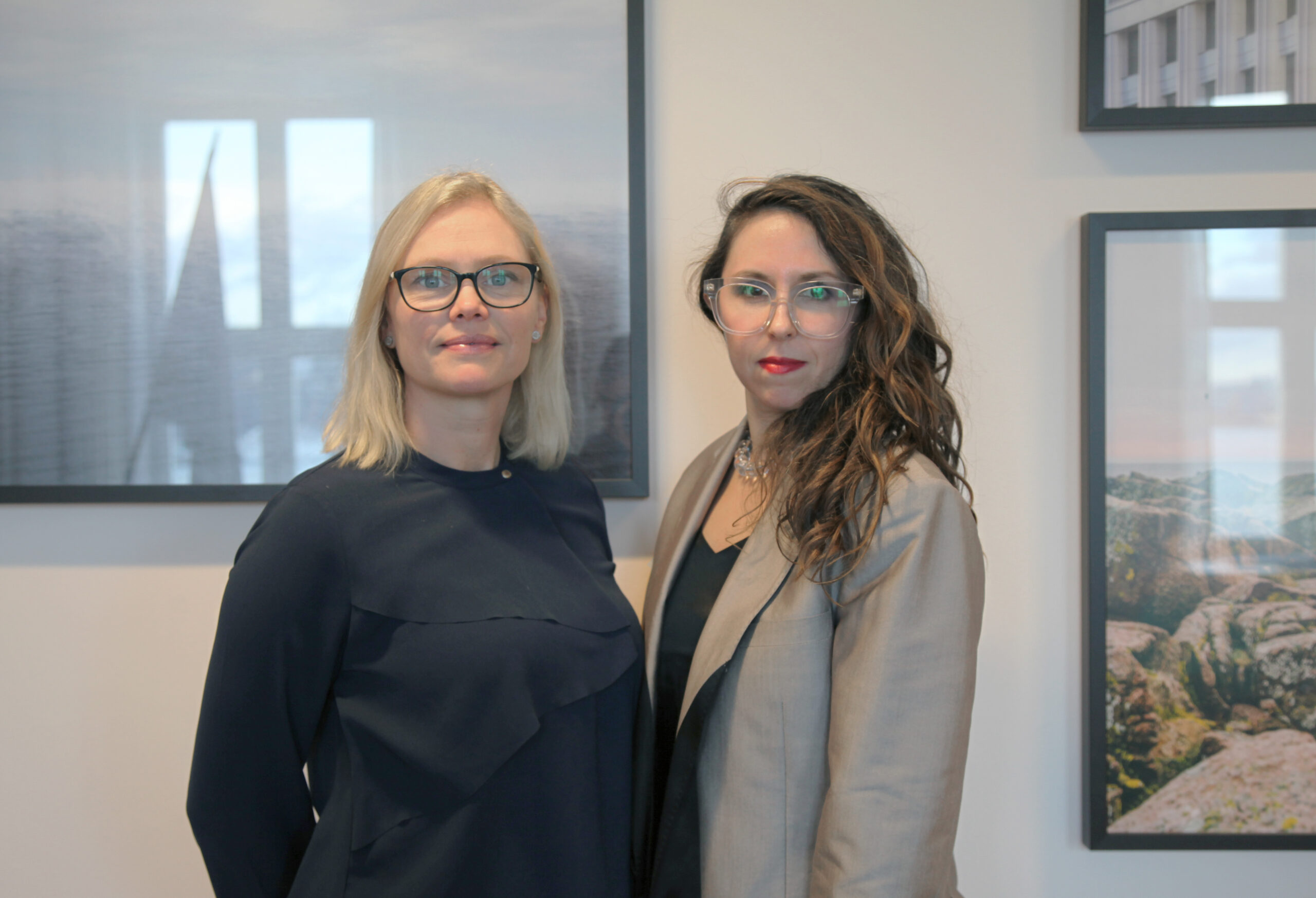Trauma- Focused, Cognitive Behavioral Therapy (TF- CBT) is a conjoint child and parent psychotherapy model for children who are experiencing significant emotional and behavioral difficulties related to traumatic life events. It is a components-based hybrid treatment model that incorporates trauma-sensitive interventions with cognitive behavioral, family, and humanistic principles.
At the end of the course, participants will be to practice TF-CBT with clients.
Who the course is for
Professionals working with therapy on children with trauma symptoms. Requirements for participants include:
- Degree in psychology, social work or equivalent of at least 120 credits
- Basic knowledge in CBT
- The participation is anchored at the workplace/Barnahus and similar setups
- Access to at least one family to for training TF-CBT
- Access to the all material that is recommended in the TF-CBT treatment
- Completed and passed (certificate) the TF-CBT web-based course at https://tfcbt2.musc.edu .
What will you learn
After completing this course, the following learning outcomes should be achieved:
Knowledge and understanding – describe the different components of the TF-CBT model and how the different treatment components are used
Applying knowledge and understanding
- describe the symptoms of PTSD in children and adolescents
- design an individualized treatment plan for the patient and be able to explain and plan the treatment in a dialogue with the child and guardians.
- assess if treatment with TF-CBT is justified
- apply TF-CBT treatment
- evaluate treatment outcomes and based on these, suggest possible measures
Making judgements and evaluation – reflect on the three parallel treatment processes (children, guardians and family) in a TF-CBT treatment and integrate these into the therapy process
Examination and certification
Completion of the course is either pass or fail.
To pass the course the participants need to have attended the TF-CBT web course, attended the two days seminars and have offered one family TF-CBT under supervision (12 sessions). The examination is based on the course’s learning objectives and takes the form of individual work based on the course’s literature and the individual’s own clinical context. The work is presented in writing and orally for other course participants. The course coordinator together with the trainer are responsible for the examination. Participants who have passed the course will receive a certificate.
When run in collaboration with a university, the course may award those who pass 7.5 ECTS credits.
What participants say
“The trainers offered a very interesting and in-depth training in the basics of TF-CBT, supported by examples and answers to dilemmas and experiences from practice.”
“ The course offered very understandable explanations, and I easily followed what she was saying. In addition, she gave us a great insight into the perspective of the person receiving the therapy. I think this has been extremely valuable for us and for our learning process. I appreciate the trainers for presenting difficult content in an accessible way and for using a humorous and relaxed way to do so, without losing the professional way of presenting the topic. “
“I appreciated that the training provided the perspectives of more than just a psychologist, as it allowed us to consider how TF-CBT could be applied in our multidisciplinary team.”
Cost
Variable. Often covered in part by project or other funding.
Barnahus Network Members have subsidised or – when possible – free access to this type of support. Read more >
Format
Online lectures and online training with child avatar. In-person training may be offered when possible.
Length
2 to 3 full days of lectures, followed by 6 to 12 months to complete the practical assignment with supervision. The course is equivalent to 7.5 ECTS credits.
Language
Instruction is offered in English. Countries are encouraged to supply at least 2 interpreters when needed. The online training platform we use supports live interpretation. Translations of some documents into your national language may be offered.
Dates
Applications for our course running at the end of March 2024 are due 19 February. Contact us to find out how to apply.
This course is available to run on demand on dates that work for you. Contact us to find out more.
Contact



